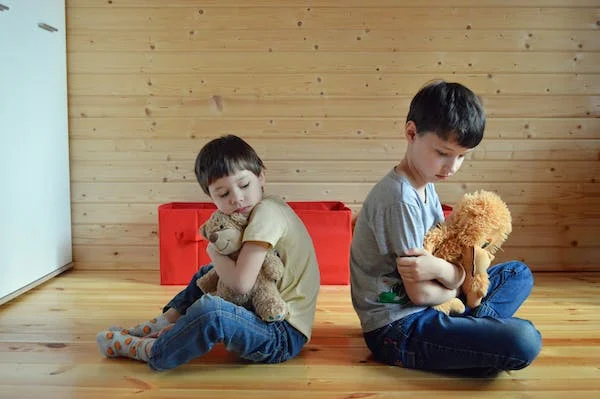There is a genetic component to mental illness. Many mental health disorders, including depression, anxiety disorders, bipolar disorder, schizophrenia, and autism spectrum disorders, have been shown to have a genetic basis.
Research has shown that genetic factors can account for up to 80% of the risk of developing some mental health disorders. However, it is important to note that genetics alone do not determine whether a person will develop a mental illness. Other factors, such as environmental and lifestyle factors, also play a role.
Studies have identified specific genes and genetic variations that may be associated with a higher risk of developing certain mental health disorders. For example, research has linked variations in the serotonin transporter gene to an increased risk of depression and anxiety disorders. Other studies have identified genes associated with schizophrenia and bipolar disorder.
It is also important to note that mental health disorders can be complex and multifactorial, meaning that multiple genes and environmental factors may interact to increase the risk of developing a mental illness.
Having a family history of mental illness can increase a person’s risk of developing a mental health disorder. For example, having a parent or sibling with schizophrenia increases a person’s risk of developing the disorder by up to tenfold.
While genetics can play a role in the development of mental illness, it is important to note that many people with a family history of mental illness do not develop the disorder. Additionally, mental health disorders can also develop in individuals without a family history.
Understanding the genetic basis of mental illness can help inform the development of new treatments and interventions. For example, genetic testing may one day be able to help identify individuals at higher risk of developing certain mental health disorders, allowing for early intervention and treatment.
There is a genetic component to mental illness, and many mental health disorders have been shown to have a genetic basis. While genetics can play a role in the development of mental illness, other factors, such as environmental and lifestyle factors, also play a significant role. Understanding the genetic basis of mental illness can help inform the development of new treatments and interventions.



